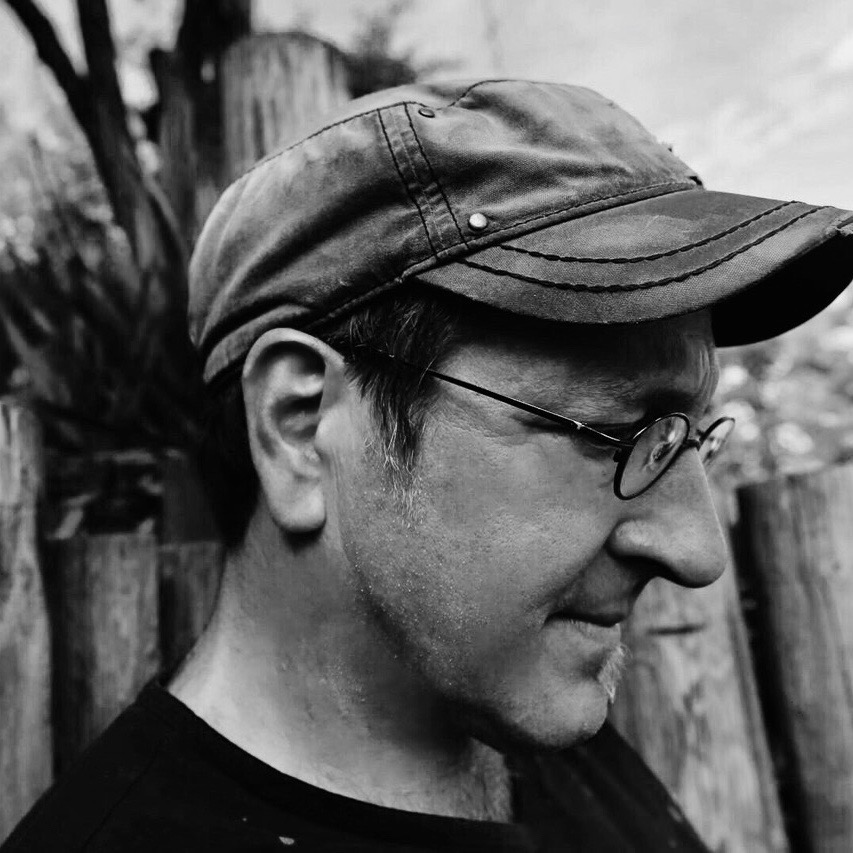 Ernie Feld; Photo by John M. Glionna
Ernie Feld; Photo by John M. Glionna PREVIOUSLY: Ernie sets up shop as a baker in the San Francisco Bay Area. While his pastries are sweet, his demeanor often remains sour.
As a young woman, fresh off the boat from Israel, Rachel Moyal knew how hard it was to establish a new life in the San Francisco Bay Area in the 1960s.
She eventually became a hairdresser and for decades had her own shop.
But she wouldn’t have accomplished any of it, she says, without Ernie.
The feisty baker took her under his wing, gave her work and a steady income until she got on her feet financially. He even helped her earn her green card.
While he could be nit-picking and temperamental in his kitchen, Ernie also had a magnanimous side he showed to people in need.
He did it when he was back in the Nazi SS camp, rescuing fellow prisoners from hard labor to work in his kitchen. In the British camps in Cyprus, he helped many hundreds of men escape, while he himself stayed behind.
And in America, his old habit of helping others continued full-bore.
“Everybody worked for Ernie,” said Rachel, now 73. “If you were from Israel and you needed help, you went to Ernie’s bakery. He helped a lot of people.”
Moyal met Ernie in 1968. She was 25, newly-arrived. She couldn’t even speak English.
Ernie didn’t care.
At first, he put her to work teaching Hebrew to his daughter, Sharon. She recalls going to Ernie’s house and babysitting the girl.
She’ll always remember how proud Ernie was of his daughter.
Eventually, Rachel began helping out at the bakery.
Her first duty was to keep the place clean. “Because he came from the camps, Ernie knew about hard work. I was also a hard worker. I worked in a kibbutz. And he knew that.”
Later, Rachel began helping Ernie with his baking chores.
She recalls how they would make strudel together, standing side-by-side, kneading the dough on a long table, talking about life.
“We were friends,” Rachel recalled. “Ernie was a workaholic. Because of his life under the Germans, he was always afraid he wouldn’t have work.”
She also noticed something else: this Good Samaritan never smiled.
“I used to tease him when we made the strudel,” Rachel said. “I said ‘C’mon Ernie, you’re not in the camps anymore. That time is over. You have to smile. If you don’t, I’m going to put you inside that oven of yours.”
And guess what?
Ernie smiled.
Finally. He smiled.
She also convinced Ernie to play music while they worked.
“I said, ‘It’s no fun to work like slaves. Let’s make music!’ I was still so young.”
Like he did with a half-dozen other struggling Israeli immigrants, Ernie later helped Rachel earn her green card, setting her on her way to achieve her own version of the American Dream.
She’ll never forget him for that.
“He had a temper,” Rachel said. “He wanted everything to be exactly the way he wanted. But he helped a lot of people. And he did it for nothing.”
And she says she will never forget the day she made that sad Jewish baker smile.
NEXT WEEK: Ernie Meets his second wife, Shoshana, and sparks fly.





















 More news and opinions than at a Shabbat dinner, right in your inbox.
More news and opinions than at a Shabbat dinner, right in your inbox.